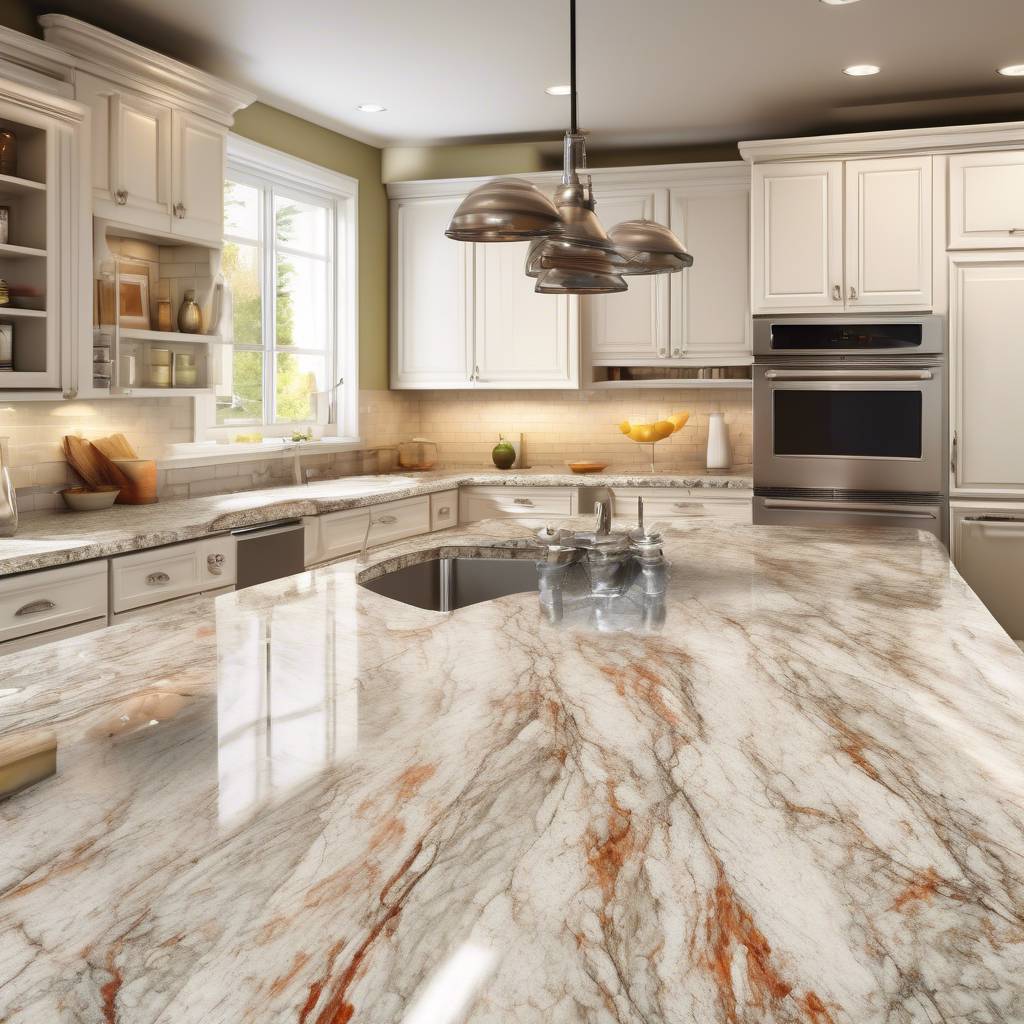White quartz countertops, also known as engineered quartz, have become a popular choice among designers and homeowners for their versatility, functionality, and durability. Unlike natural stone like granite, white quartz is nonporous, scratch, stain, and heat resistant, making it a low maintenance option. However, recent concerns have arisen regarding the health risks associated with the fabrication of engineered stone countertops, particularly the high silica content in the material.
Silicosis, a lung disease caused by inhaling crystalline silica dust, is a serious health concern for workers involved in cutting and fabricating engineered stone countertops. With approximately 2.3 million U.S. workers exposed to silica in the workplace, including 2 million in construction, the risks of complications such as lung cancer, chronic bronchitis, and kidney disease are significant. Awareness of safety practices and adherence to preventative measures is crucial in protecting workers from these risks.
As consumers become more mindful of the impact of their product choices, particularly in relation to human health and safety, regulators are also taking steps to address these concerns. California has implemented temporary rules to protect workers from silica exposure during the fabrication process, with the potential for further restrictions on the use of engineered stone if necessary. Australia has taken a more drastic approach by announcing a nationwide ban on engineered stone from July 1, 2024, due to workplace safety concerns.
In response to these regulatory challenges, quartz manufacturers are developing new technologies to produce countertop solutions with lower silica content. Brands like Cosentino and Caesarstone are introducing engineered stone with reduced silica levels, as well as porcelain slab countertops as alternatives to traditional quartz. These innovations aim to provide high-performance products that meet safety regulations and address the health concerns associated with high silica content in countertops.
While the industry adapts to address these emerging health and safety issues, it is important for professionals and consumers to stay informed and consider the impact of their product choices. By supporting the development of safer countertop solutions and advocating for worker safety, everyone involved can contribute to a healthier and more sustainable industry. As vendors continue to innovate and provide alternative options, the benefits extend to both workers and consumers, creating a safer and more responsible marketplace for engineered stone countertops.





![Negativity Overwhelms 'Ghost Of Tsushima' on Steam with Negative Reviews [Updated]](https://linkedindaily.com/wp-content/uploads/2024/05/negativity-overwhelms-ghost-of-tsushima-on-steam-with-negative-reviews-updated-330x220.jpg)



